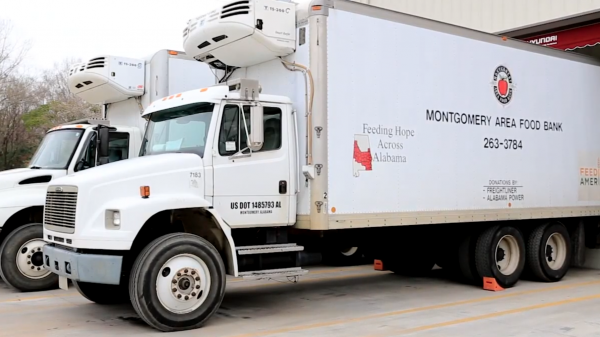The Alabama Republican Executive Committee formally adopted its 2026 Primary Resolution during the party’s summer meeting on Saturday, August 2, 2025, establishing the official timeline and procedures for candidate qualifying in the upcoming election cycle.
According to the resolution, Republican candidates seeking nomination for state or federal offices—excluding county-level positions—may begin qualifying on Monday, January 5, 2026, at 8:30 a.m. Qualifying will close on Wednesday, January 23, 2026, at 5 p.m., as required by the Alabama Constitution.
“We’re excited that the 2026 election cycle is almost upon us,” said ALGOP Chief of Staff Shannon Whitt. “This resolution formally opens the door for candidates to begin the qualifying process and sets clear expectations for the months ahead. It’s a big moment, and we’re looking forward to a strong slate of Republican candidates ready to fight for conservative values across Alabama.”
The resolution lays out specific requirements for qualifying, including filing procedures and associated fees. Candidates must submit a declaration of candidacy either in person to the Alabama Republican Executive Committee or electronically through the party’s official website within the designated qualifying window. Individuals seeking more than one office must file a separate declaration and pay a separate fee for each, though state law prohibits qualifying for multiple offices if both cannot legally be held simultaneously.
Qualification fees are determined as a percentage of the annual salary for the office in question—typically two percent—while candidates seeking unpaid positions must pay a $50 fee. Judicial candidates must divide their fee equally between the state party and the relevant county executive committees. Those who claim financial hardship may request a waiver, subject to verification by the party’s Candidate Committee. If a candidate’s inability to pay is found to be untrue, their candidacy will be disqualified.
For county offices, as defined under Alabama law, candidates must file with their respective county Republican executive committees. If a county committee is inactive or has not opted into the state’s primary system by the start of the qualifying period, responsibility will fall to the state party chairman or their designee to accept filings on behalf of the local party.
The resolution empowers the Candidate Committee—composed of voting members of the party’s Steering Committee—to review candidate submissions, verify eligibility, fill ballot vacancies, and hear contests in accordance with state law. The committee may act either through formal meetings or via consent by a majority of its members. The state party chairman is also authorized to appoint subcommittees to oversee election preparations, receive and tabulate results, and certify the outcomes of primary elections.

















































